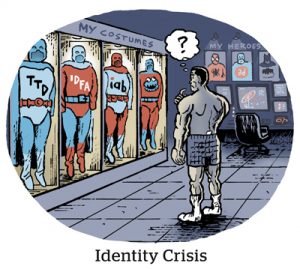Some people decide to stop swearing or start a diet as a New Year’s resolution.
In ad tech, the same resolution comes up year after year. No. More. Cookies.
But in its haste to get rid of cookies, the industry has created a new problem. It word vomits the term “cookieless,” using it as a synonym for a privacy-safe, future-proof technology.
The problem: “Cookieless” is so vague and broad that it’s meaningless. Fingerprinting (which isn’t privacy safe) is cookieless. Mobile ad IDs (which are going away) are cookieless. Yet the term persists, because how else to describe a solution built as an alternative to third-party cookies?
Cookieless is an answer that demands follow-up questions. And we’re resolving to ask more of those questions in 2023.
Speaking of vague and misleading jargon, we’re putting another term on the penalty bench: privacy safe. The adjective adorns many product releases, but when we ask why something is privacy safe, we often get vague responses. In 2023, companies should be prepared to describe how their solutions exceed consumers’ privacy expectations instead of just listing the term to check a box.
Then, in the second half of the episode, we talk about ChatGPT and what it means for journalism. We asked ChatGPT to write an AdExchanger article about connected TV. It was a snoozer. (I was amused – and relieved). But the chatbot effectively automated mundane aspects of journalism, like pulling relevant statistics into a piece. And its AI tech will disrupt how people access information by upending Google search.
So our team’s 2023 resolution is to use ChatGPT more and experiment with generative AI. Because AI might have finally moved beyond the hype stage.















